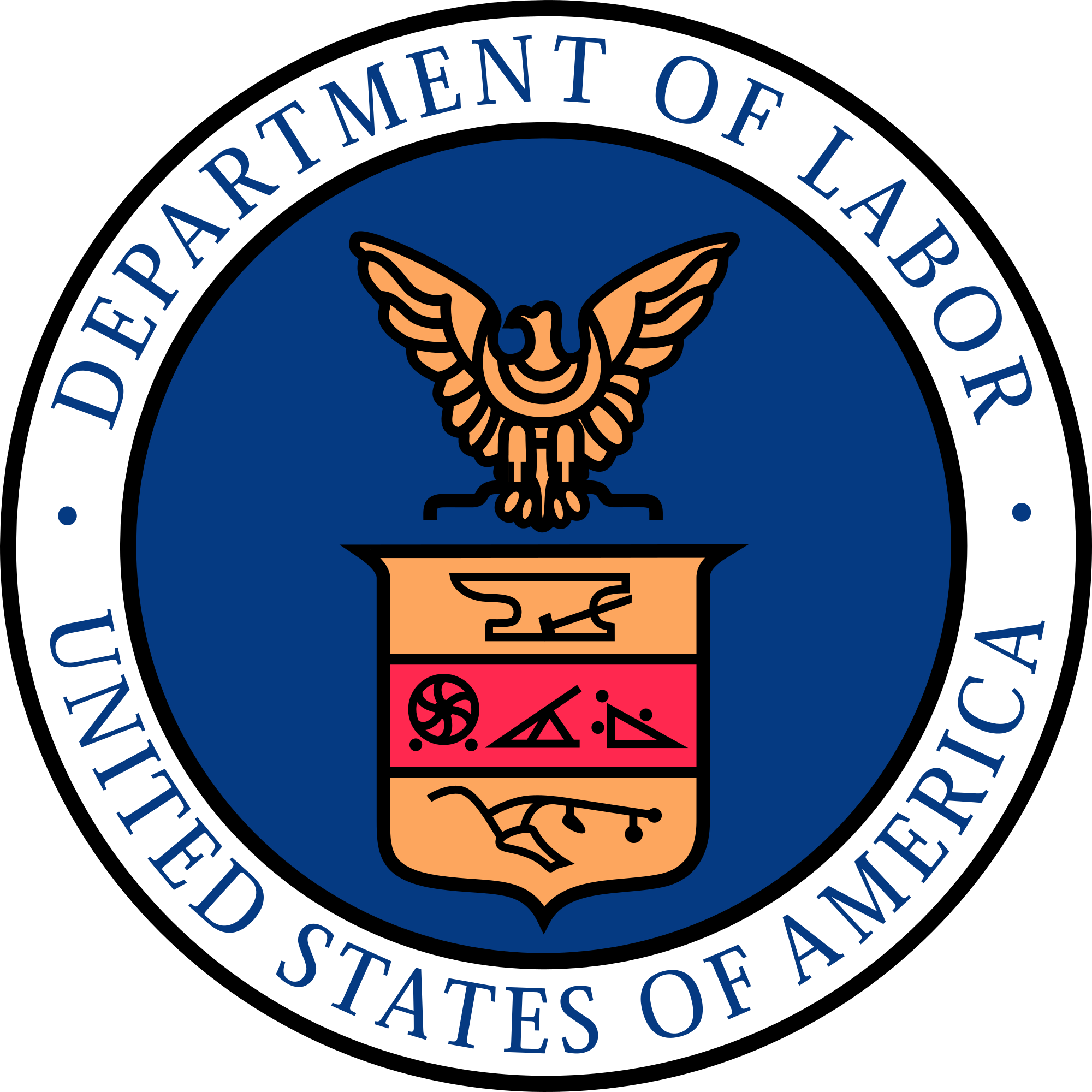 The Department of Labor announced on Thursday a proposed rule that would make 1.1 million American workers newly eligible to receive overtime pay beginning in 2020. The following guest blog courtesy of Blethen | Berens provides a helpful overview of this proposal and how it will impact businesses.
The Department of Labor announced on Thursday a proposed rule that would make 1.1 million American workers newly eligible to receive overtime pay beginning in 2020. The following guest blog courtesy of Blethen | Berens provides a helpful overview of this proposal and how it will impact businesses.
Should you wish to discuss this issue further, please be sure to contact one of our fantastic member businesses in law o accounting with employment expertise.
Guest Blog from Blethen | Berens
Under the current federal Fair Labor Standards Act, employees with a salary below $455 per week ($23,660 annually) must be paid overtime if they work more than 40 hours per week. Workers making at least this salary level and whose job duties fit within an exemption are ineligible for overtime. This salary level was set in 2004.
Previously, under the Obama administration, the rule was changed to increase the salary level to $922 per week (about $47,000 annually). This new rule was met with a lot of concern by employers due to the significant increase in the salary level, and additional increases thereafter. That rule was enjoined by a U.S. District Court in November 2016 and the appeal has not moved forward, with the expectation that the Department would propose a new rule with a revised salary threshold.
Yesterday, the U.S. Department of Labor (“DOL”) announced a Notice of Proposed Rulemaking regarding this much-anticipated issue. This new proposed rule would update the salary threshold from $455 to $679 per week (equivalent to $35,308 per year). Under the proposed rule, employers are allowed to use nondiscretionary bonuses and incentive payments (including commissions) that are paid annually or more frequently to satisfy up to 10 percent of the salary level. For the highly compensated employee exemption, the annual salary increases from $100,000 to $147,414 per year. The new rule does not provide for automatic adjustments to the salary threshold, as the 2016 rule did, but does indicate a commitment to periodically review the salary threshold. The new rule also does not make any changes to the job duties test.
So, what is next?
The proposed rule is only a proposal. The rule will be published in the Federal Register and then will be open for public comment for 60 days. Comments can be submitted here once the rule is published: www.regulations.gov (rulemaking docket RIN 1235-AA20). The rule will likely face further review and legal challenges. If you are concerned about the proposed rule, you are encouraged to submit your comments.
The DOL will receive and review the comments and then a Final Rule will be issued. The DOL will likely give employers plenty of lead time to prepare for the changes. It is likely that it will be at least a year before changes need to be implemented. However, those employers with employees who are currently classified as exempt, but earning less than $35,308 per year, should begin to review those positions to determine how they might respond to these proposed changes.




